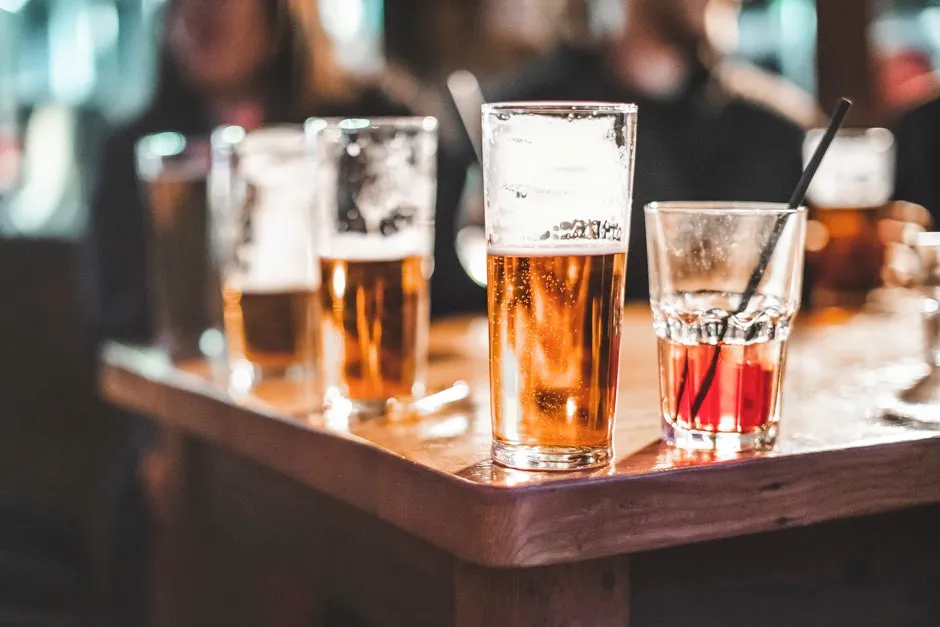Plant extracts could hold the key to curing hangovers, research suggests
Headaches and nausea after drinking alcohol had been thought to be caused by a lack of electrolytes in the body, a combination of minerals that help balance acid levels.
But analysis by scientists at the Institute of Molecular Physiology in Mainz, Germany, showed that people who took on board extra plant extracts and minerals after drinking suffered fewer hangover symptoms than those who just consumed more minerals.
Read more about the science of alcohol:
- Everything you need to know about synthetic alcohol
- Regular exercise could counteract the harmful effects of alcohol
- A minute on the lips, a lifetime on the hips – heavy drinking adds 4cm to waistline
The study, published in the British Medical Journal Nutrition Prevention and Health, suggested that a combination of fruits, leaves, and roots reduced head pain and sickness.
A total of 69 healthy 18 to 65-year-olds were given water with a supplement including ginger root, Barbados cherry, magnesium, potassium and other plants and minerals.
They were given the drink 45 minutes before, and immediately after they stopped drinking beer, white wine, or white wine spritzer.

A second group of 76 people were given the supplement minus the plant extracts, and a third group of 69 were given a test placebo.
When questioned afterwards, those who had taken the plant and mineral mix found average headache intensity was 34 per cent less, nausea 42per cent less, while feelings of indifference fell by an average of 27 per cent and restlessness by 41 per cent.
No significant difference in any symptom was reported by those taking the supplement minus the plant extracts, suggesting that plant extracts were largely responsible for the observed changes, say the researchers.
Reader Q&A: Why does drinking alcohol trigger my anxiety?
Asked by: Natalie Richards, Leeds
The psychological effects of alcohol are complex – it can have both sedative and stimulating effects on the brain, causing either sleepiness or physical arousal. How this manifests from a subjective perspective depends a lot on your mental state at the time, as well as the broader social context.
While a drink can calm your nerves in some situations, lab research shows that it doesn’t help reduce fear of a threat or predicament that you know is coming. If anything, because alcohol can enhance our focus on the present moment, it could trigger your anxiety by making you more preoccupied with whatever you’re currently worried about. Alcohol can also accentuate anxiety by interfering with sleep and leaving you fatigued and feeling less able to cope.
Read more:
